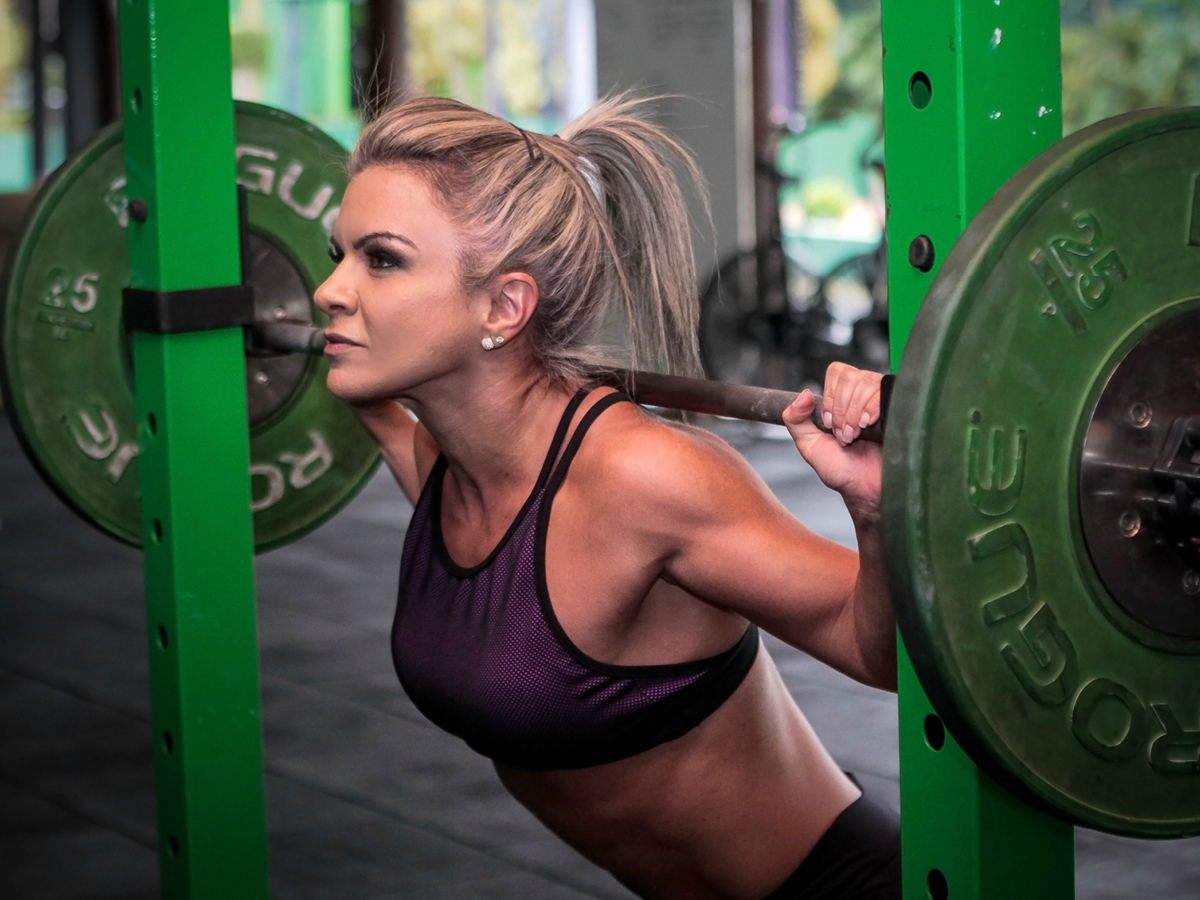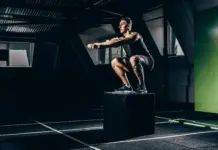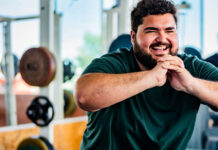Research has long confirmed that aerobic exercise improves mood and mental health. Now, a study out of the University of Limerick in Ireland asserts that resistance exercise training (RET) reduced anxiety in young adults by around 20 per cent.
Published in Scientific Reports in October, the findings indicate that young adults, aged 18 to 40 years and without any general anxiety disorder diagnoses, reported a significant improvement in anxiety symptoms after following an eight-week, twice-weekly RET workout.
The workout, designed according to guidelines of the World Health Organization and American College of Sports Medicine, featured eight exercises, including barbell squats, bench presses, dumbbell lunges, curls, and abdominal crunches.
Calgary fitness trainer Sandra Bueckert, owner of One on One Personal Fitness Instruction Inc., says it’s wonderful the study has looked specifically at weight training. Over her 31 years as a fitness trainer, she’s seen the positive impact it can have on young people’s mental health.
“We have a fellow we’ve been working with who has quite a bit of anxiety and depression,” she explains. “Working out has helped make him physically stronger, and of course, that translates into him growing and feeling mentally more capable and stronger. The two go hand in hand.”
Bueckert herself experienced the transformative power of weight lifting in the early ’80s. At 16 years old, she faced a difficult family issue and bullying at her school in Edmonton. In line at the grocery store one night, she picked up a magazine featuring Finnish bodybuilder Kiki Elomaa, her physique strong and athletic. Inspired, Bueckert began a fitness regimen first in her basement, then at the school gym. In weight training, she found relief — and her life’s purpose.
“The thing that developed my mental strength was lifting weights,” she reflects.
Curtis Christopherson, owner and CEO of Vancouver-based Innovative Fitness, theorizes why young people may experience anxiety relief with weight training. “The great thing about it is that it’s really easy to measure progress,” he says. “One minute you’re lifting 25 pounds, the next you’re lifting 30 pounds. You can set targets and goals and have that sense of accomplishment once you hit them.”
The social aspect of working out also benefits youth, he continues. “People don’t tend to (go to the gym) alone… It’s an interactive and social activity.”
With 250 fitness professionals working at his 12 gyms in B.C. and Ontario, Christopherson has also witnessed youth develop strong bonds with their personal trainers. “They become a voice of reason, a role model,” he says, noting that social interaction — or lack thereof, like during COVID times — plays a huge part in people’s mood and anxiety.
Bueckert, too, observes COVID-19’s influence on mental health, noting it has caused people to feel isolated, anxious, and unhappy, sometimes due to weight gain.
Fortunately, resistance training is something people can do at home, like Bueckert did in the ’80s. And, in the age of Zoom, personal trainers offer classes online.
The Scientific Reports study has come out at just the right time, with COVID-19 increasing the population’s general sense of anxiety. Relief is near. Grab a dumbbell — or a can of corn — lift and repeat.
IMPACT Magazine’s December 2020 Edition
Read about our top Canadian Olympic snowboarder who returned from injury and is chasing that elusive Olympic Gold! Learn how not to lose your momentum running through the cold and snow, work out with Canada’s Top Fitness Trainers, avoid back pain with one of the world’s most renowned experts and try out our delicious Holiday-themed recipes.


















